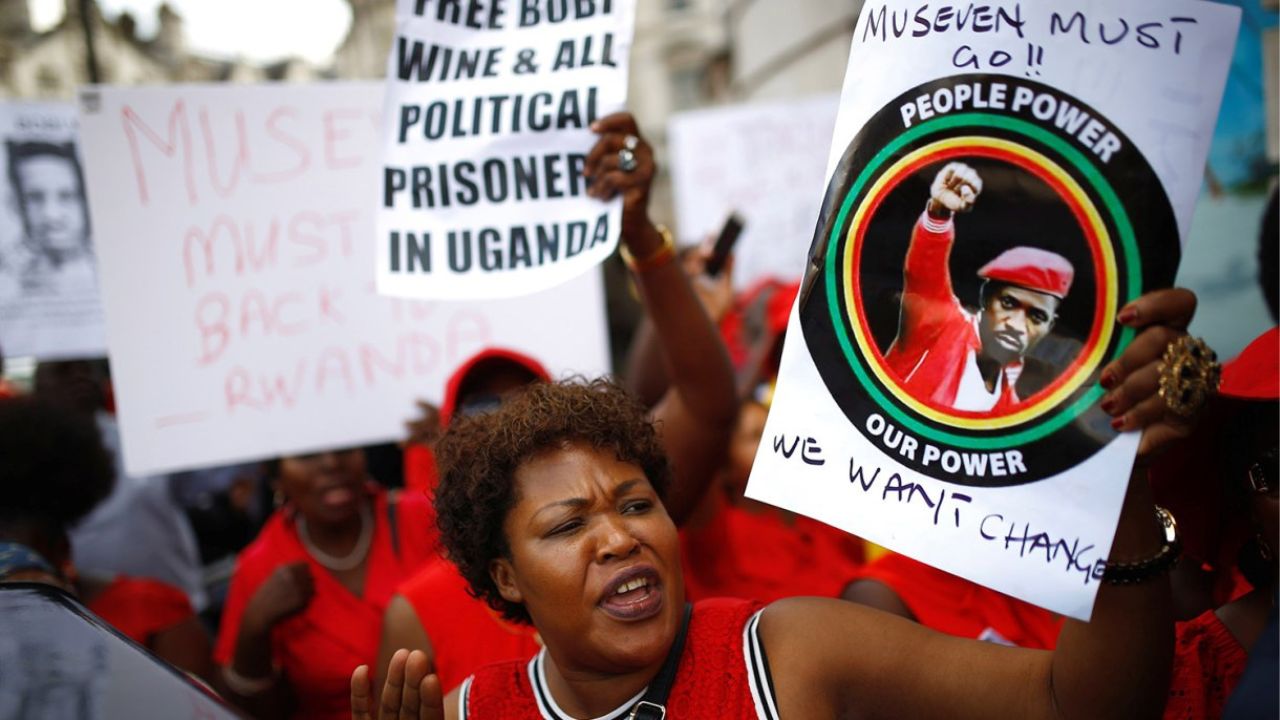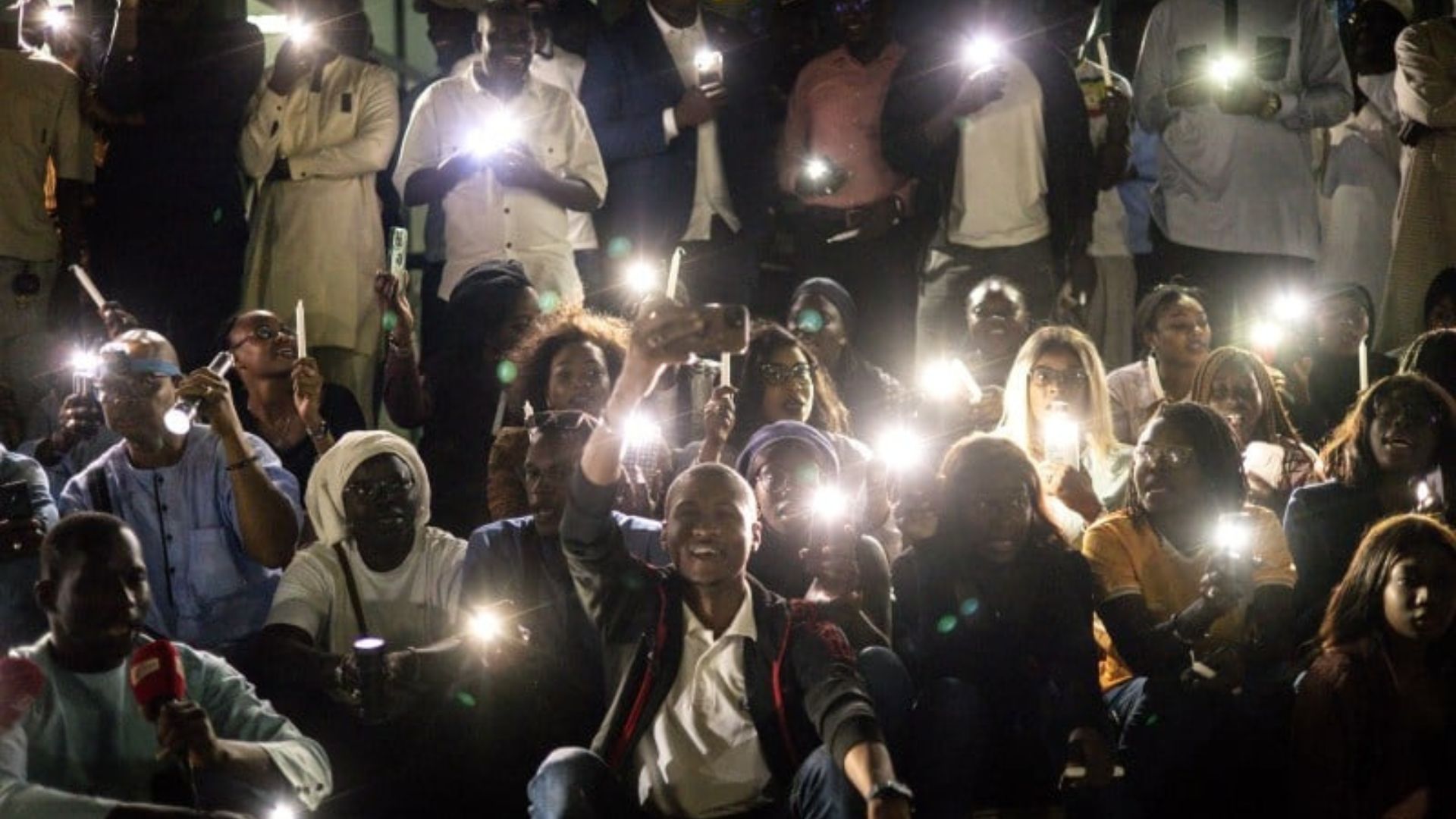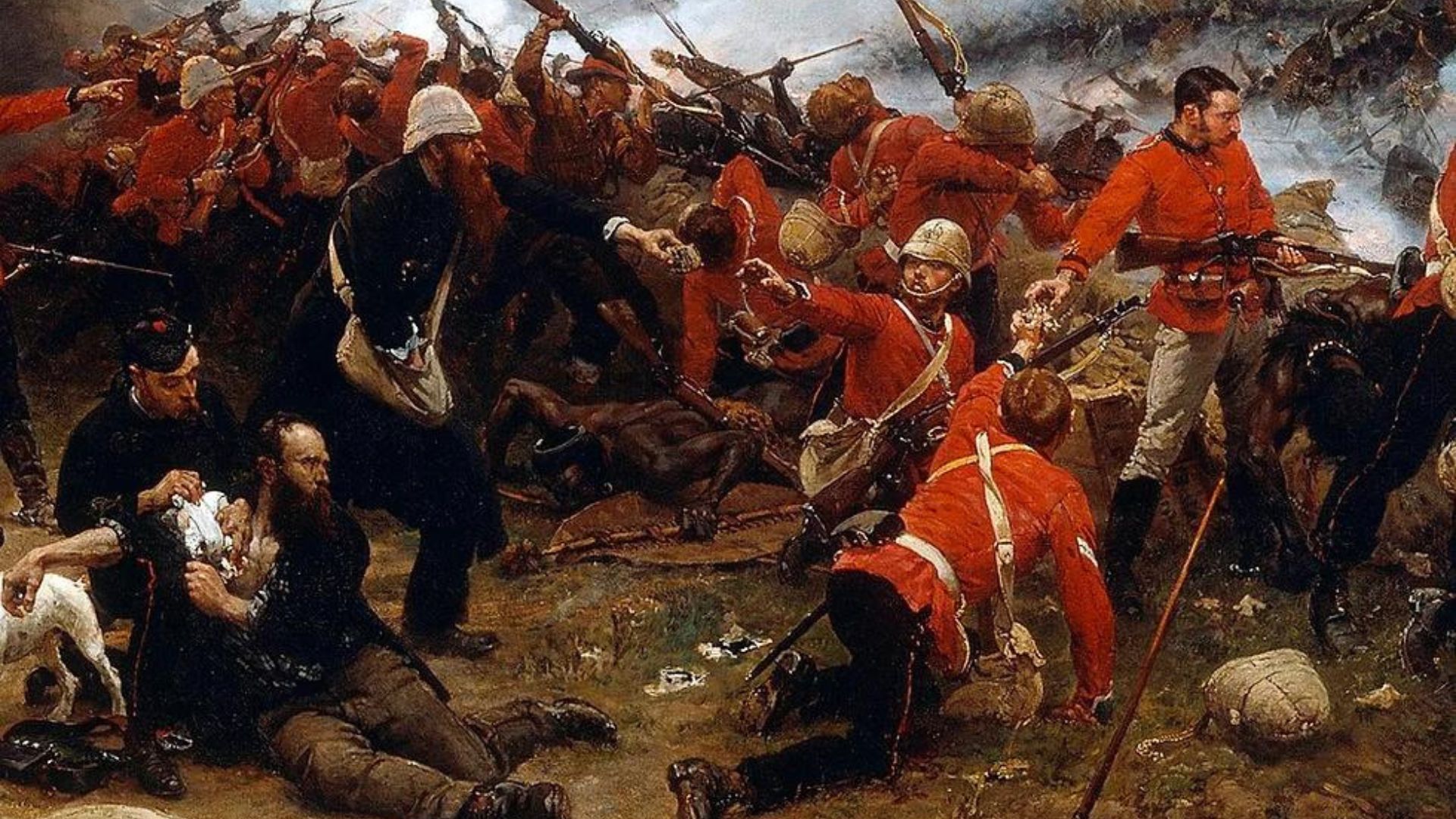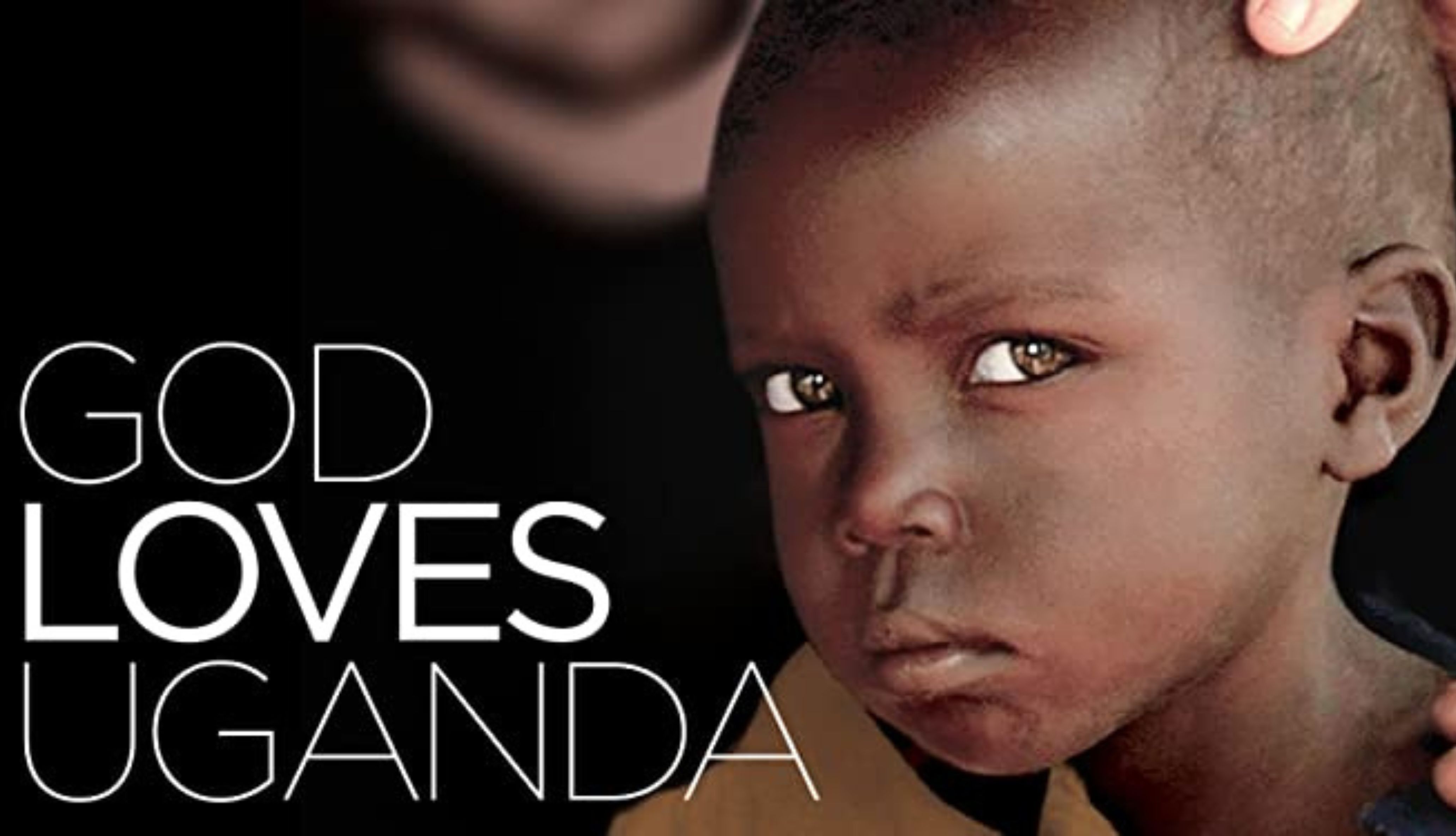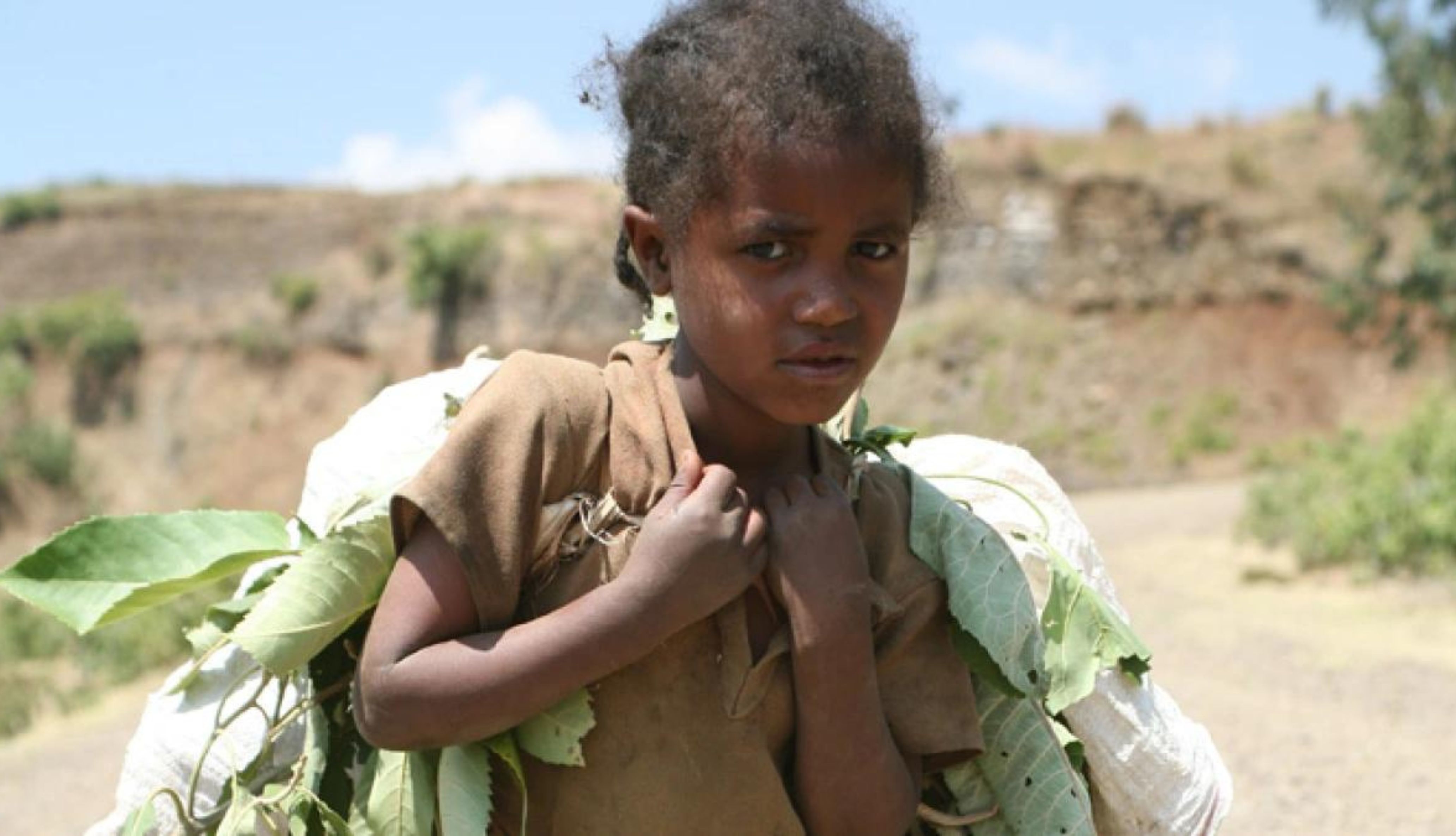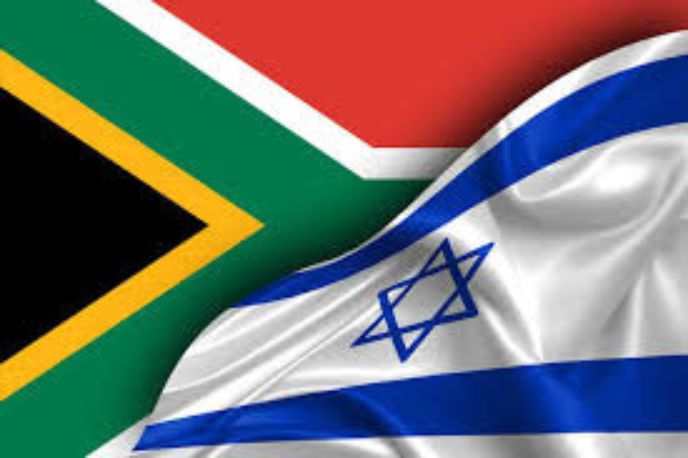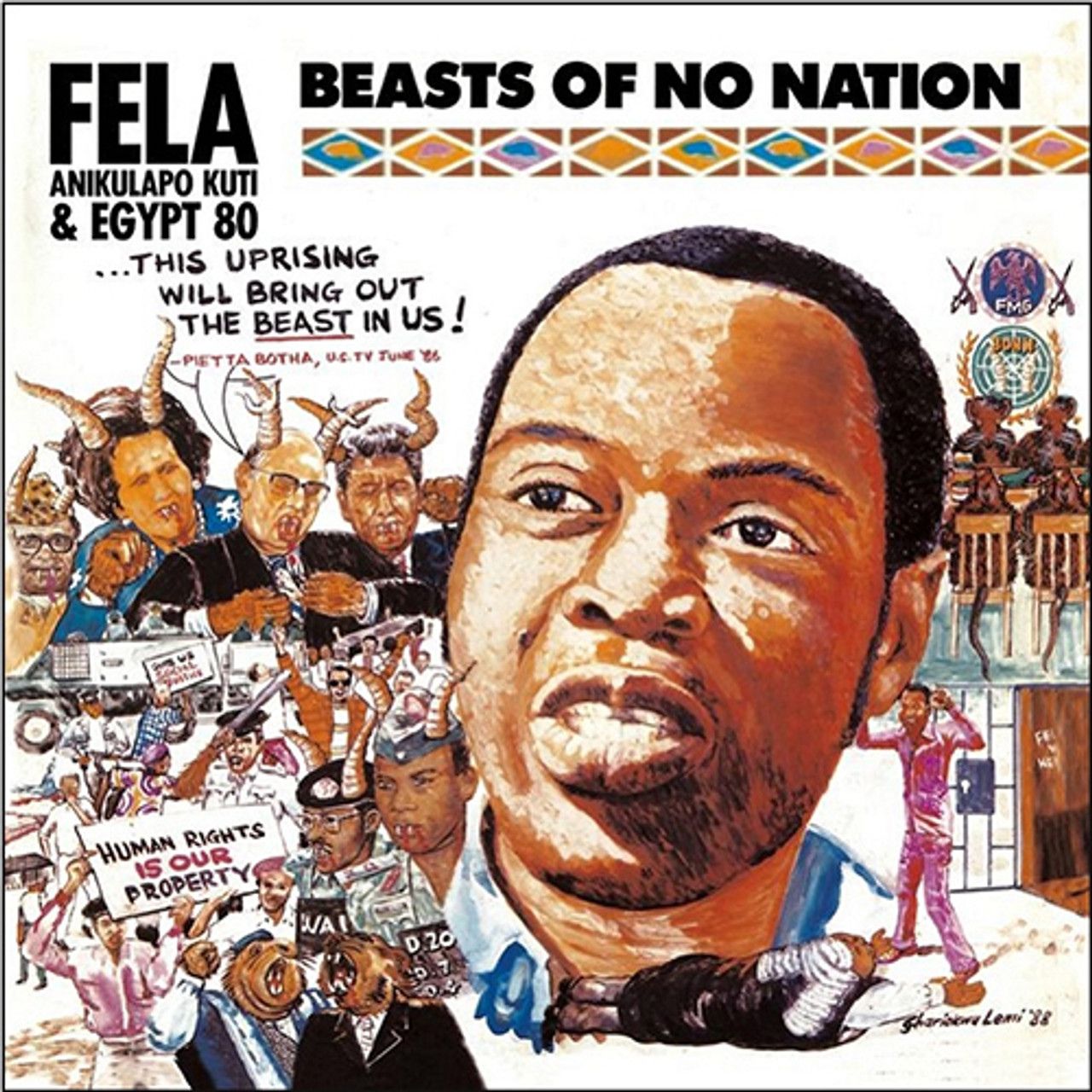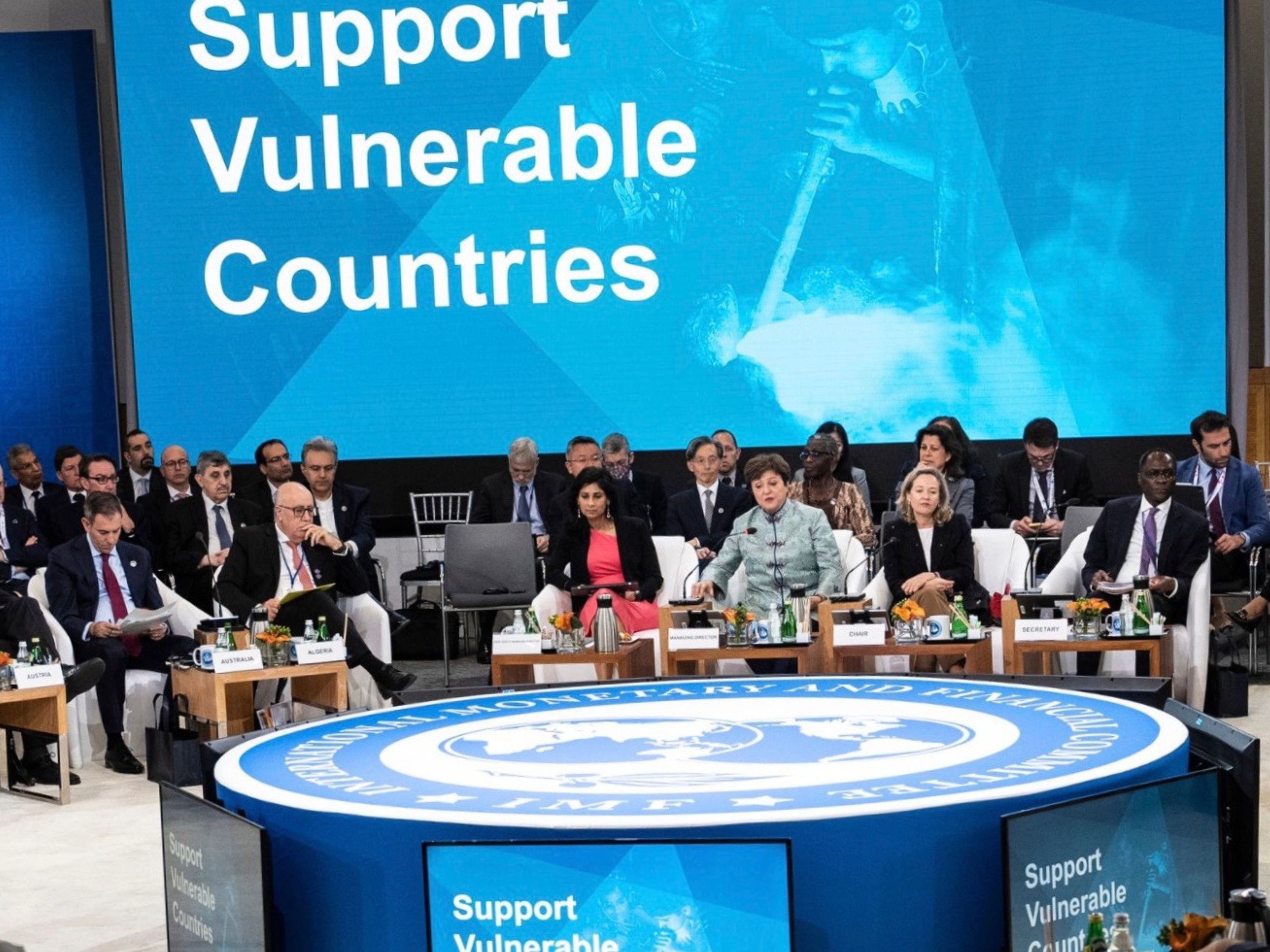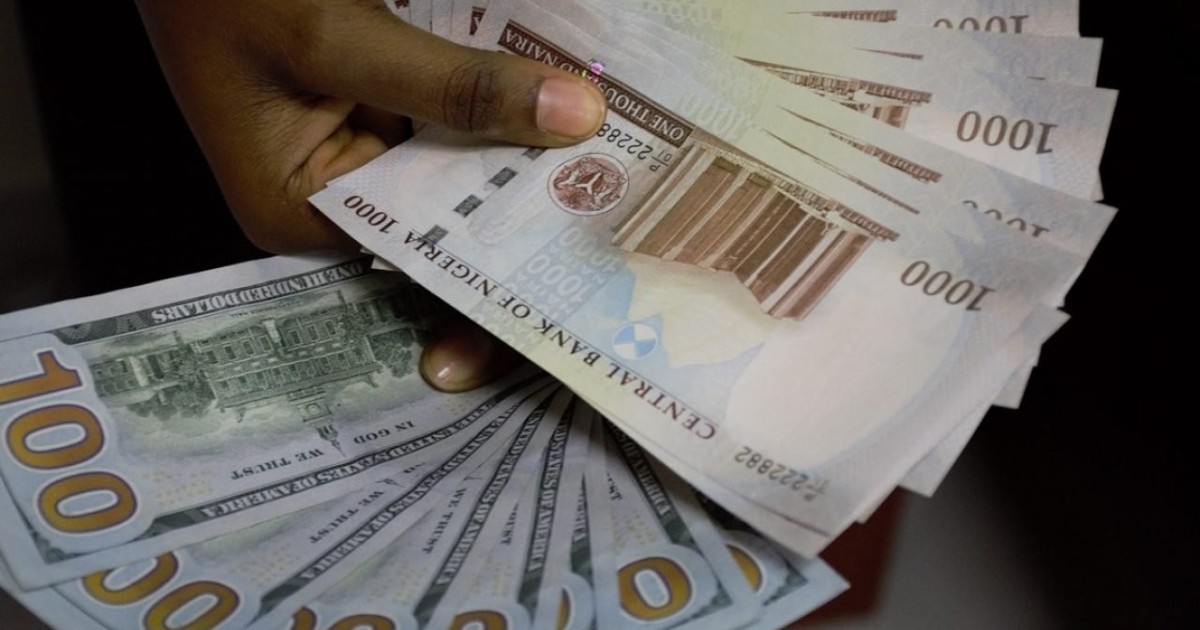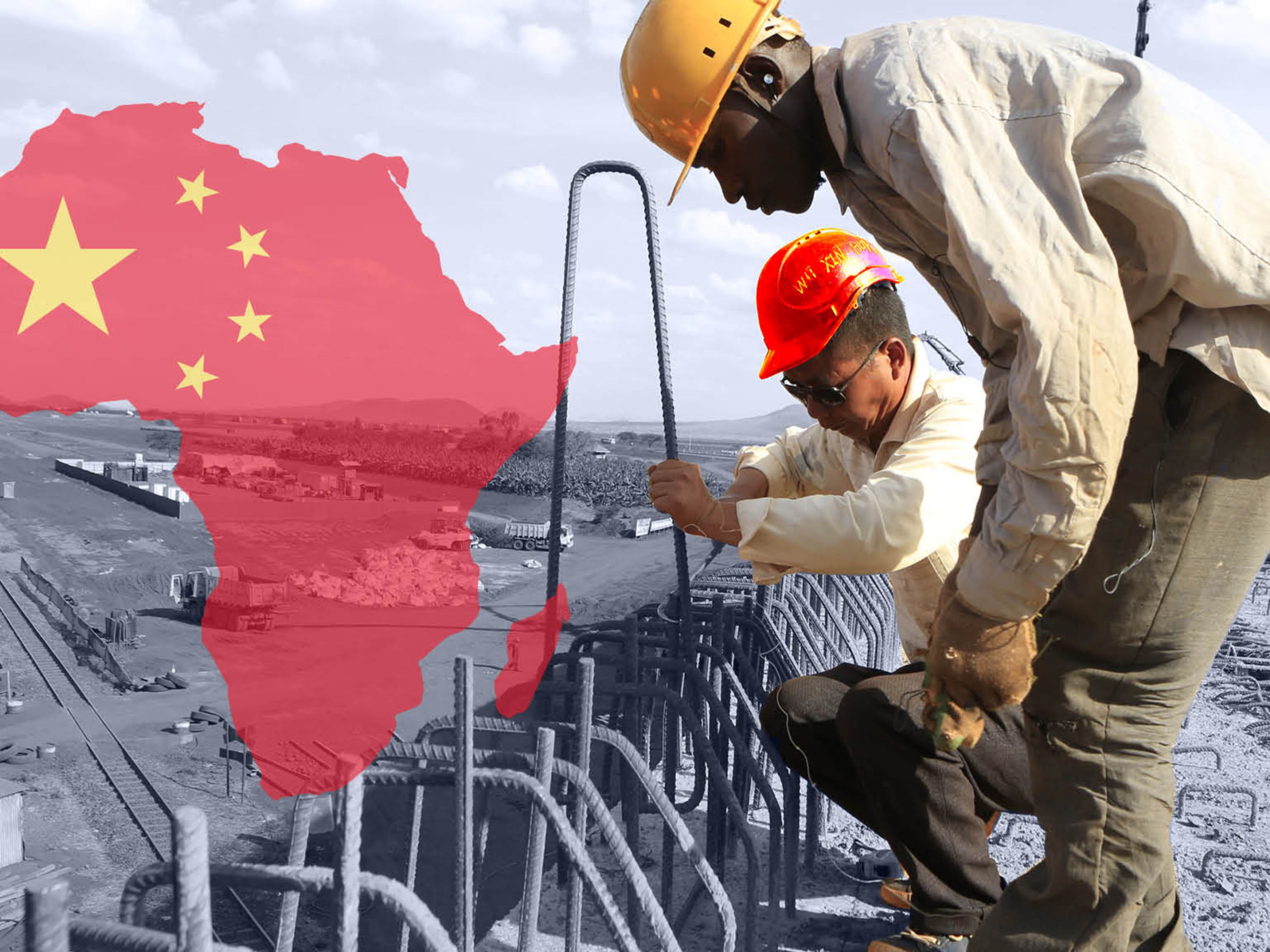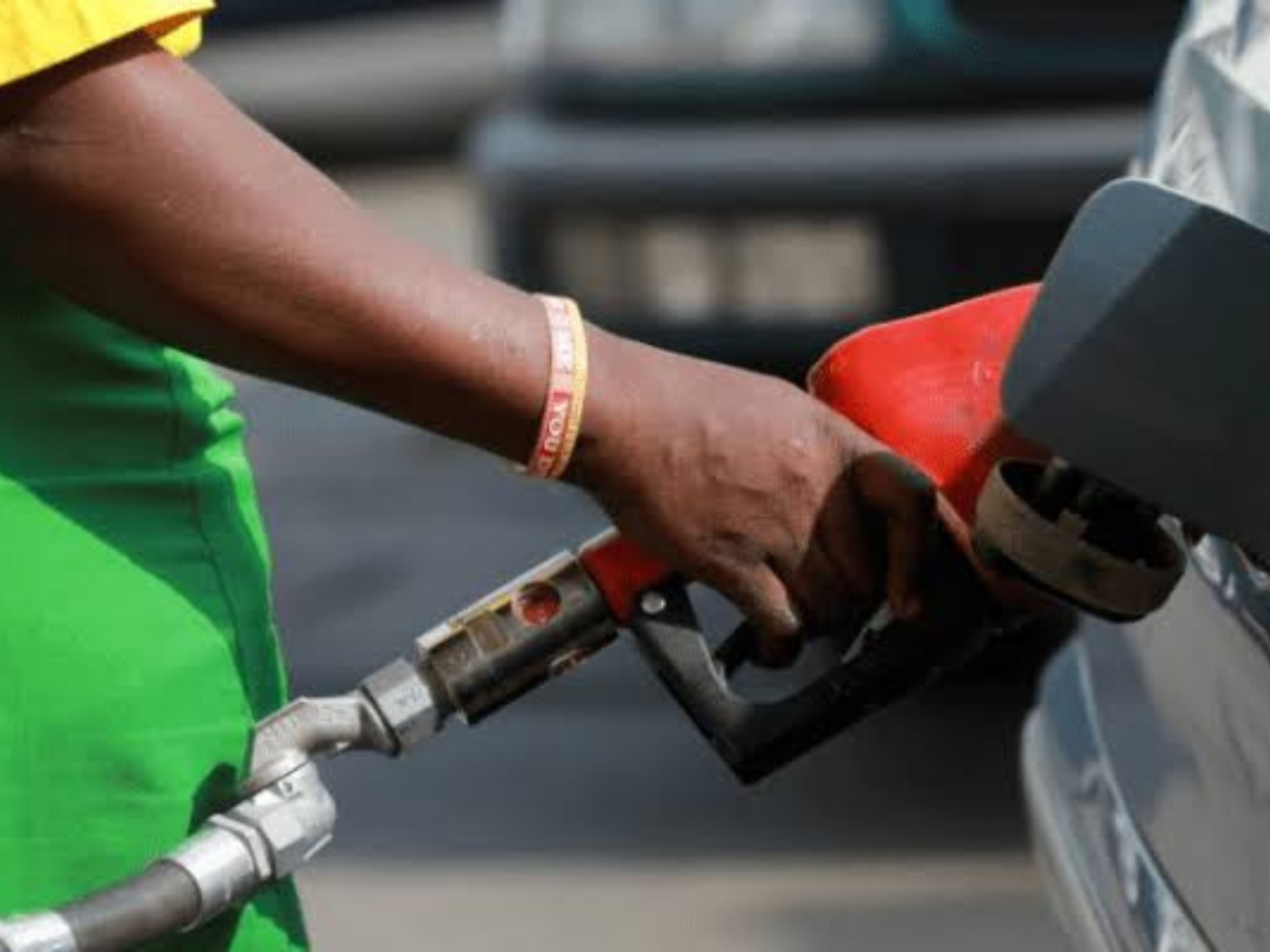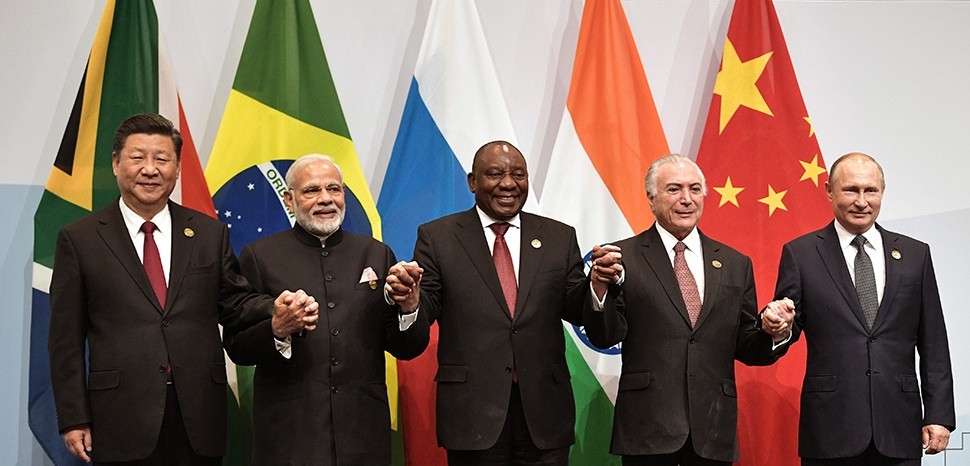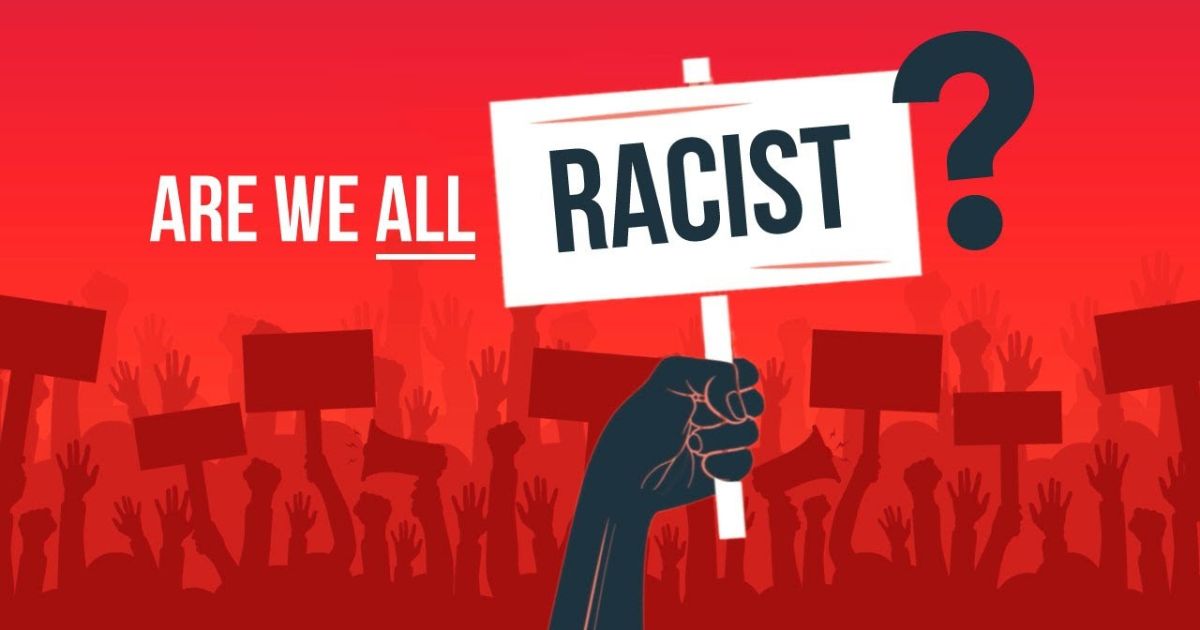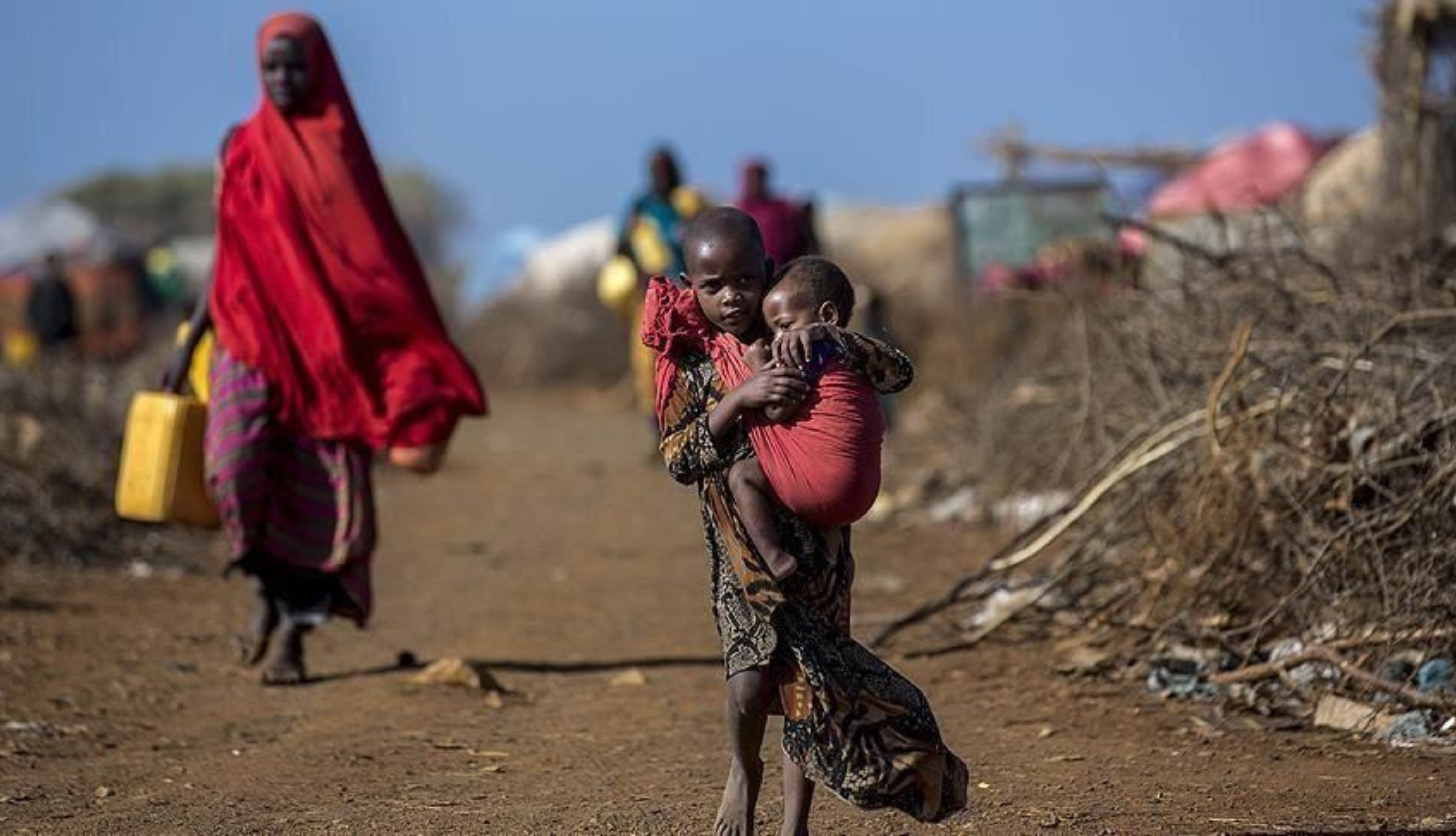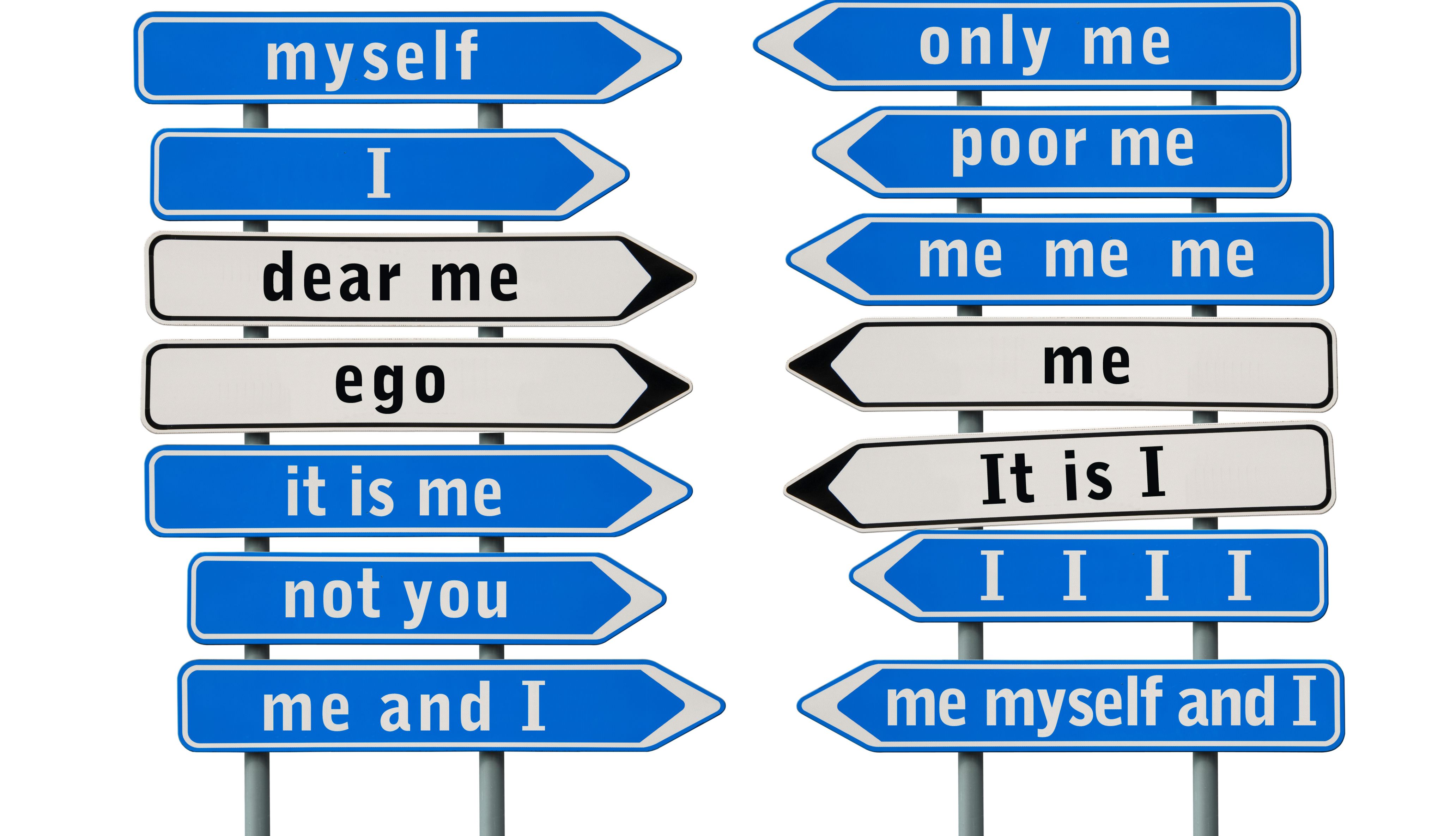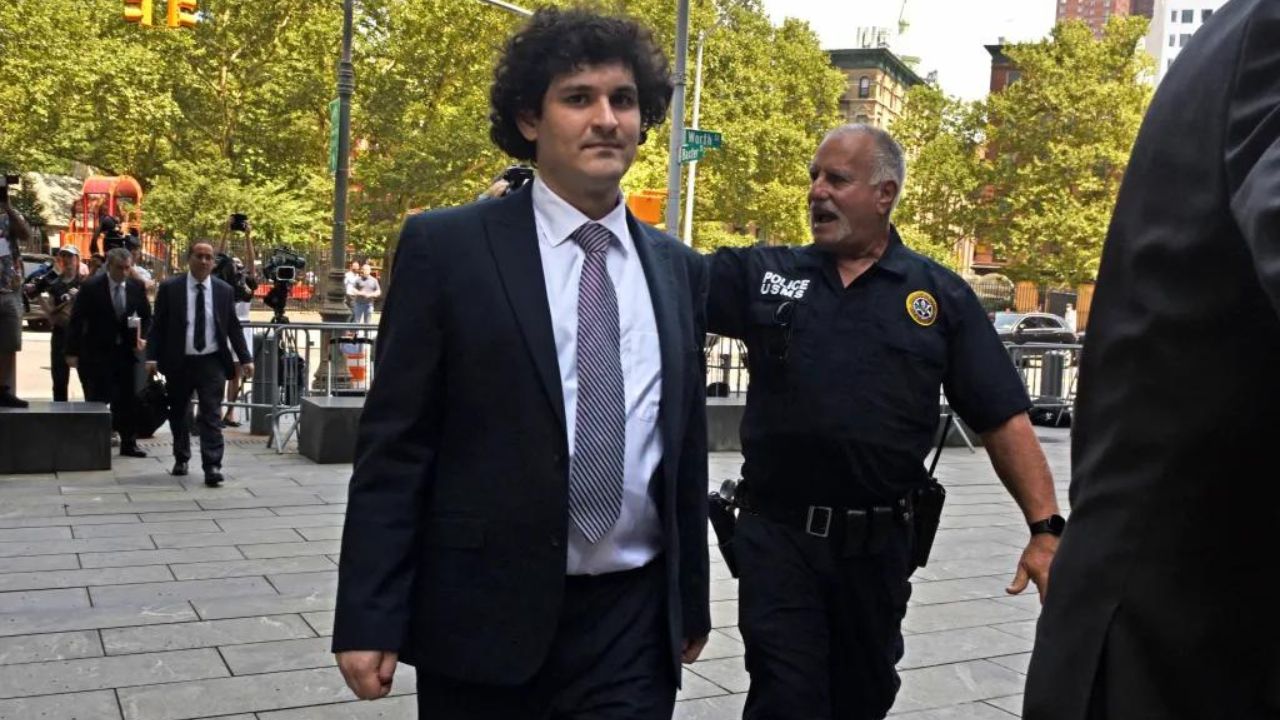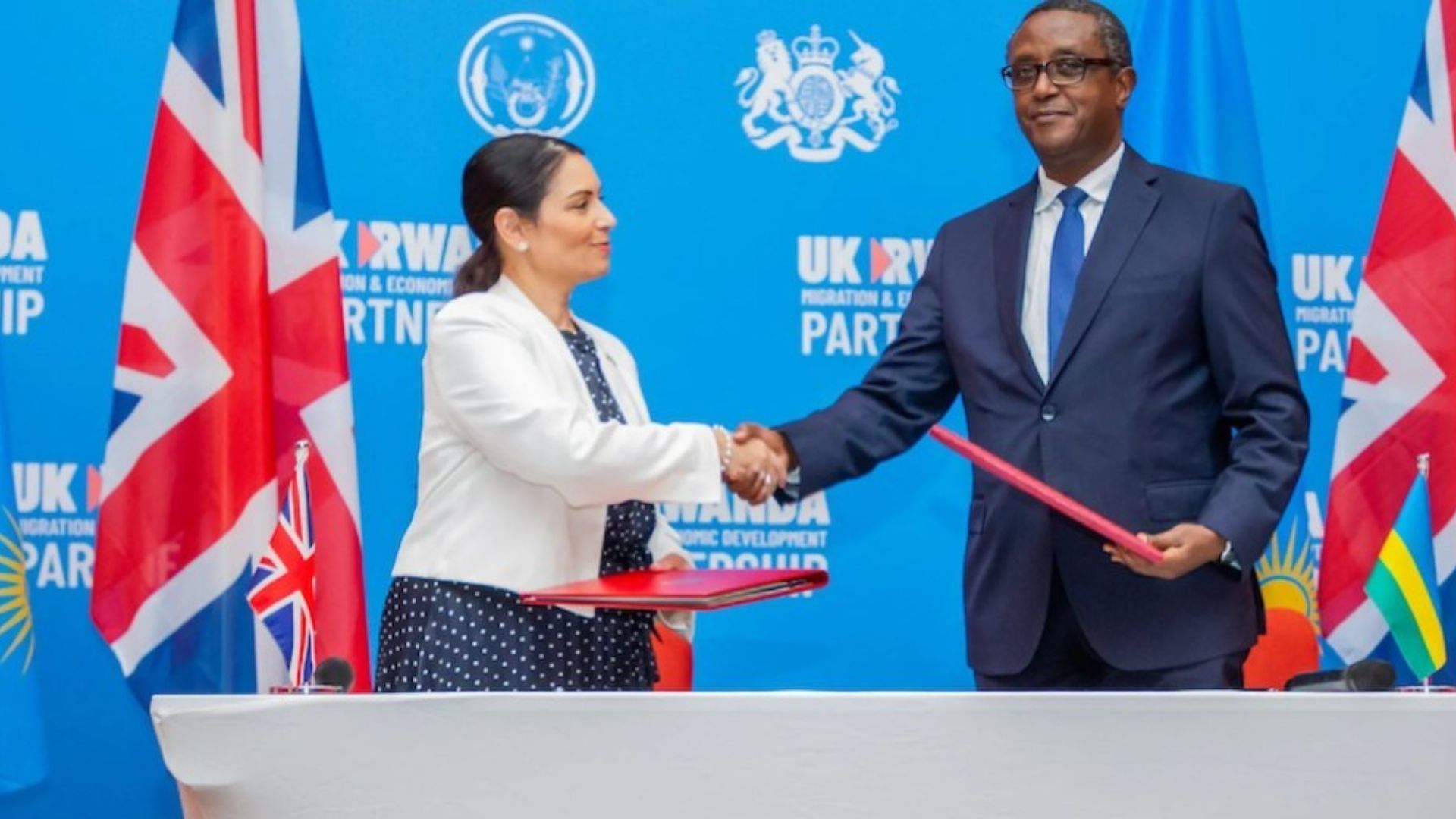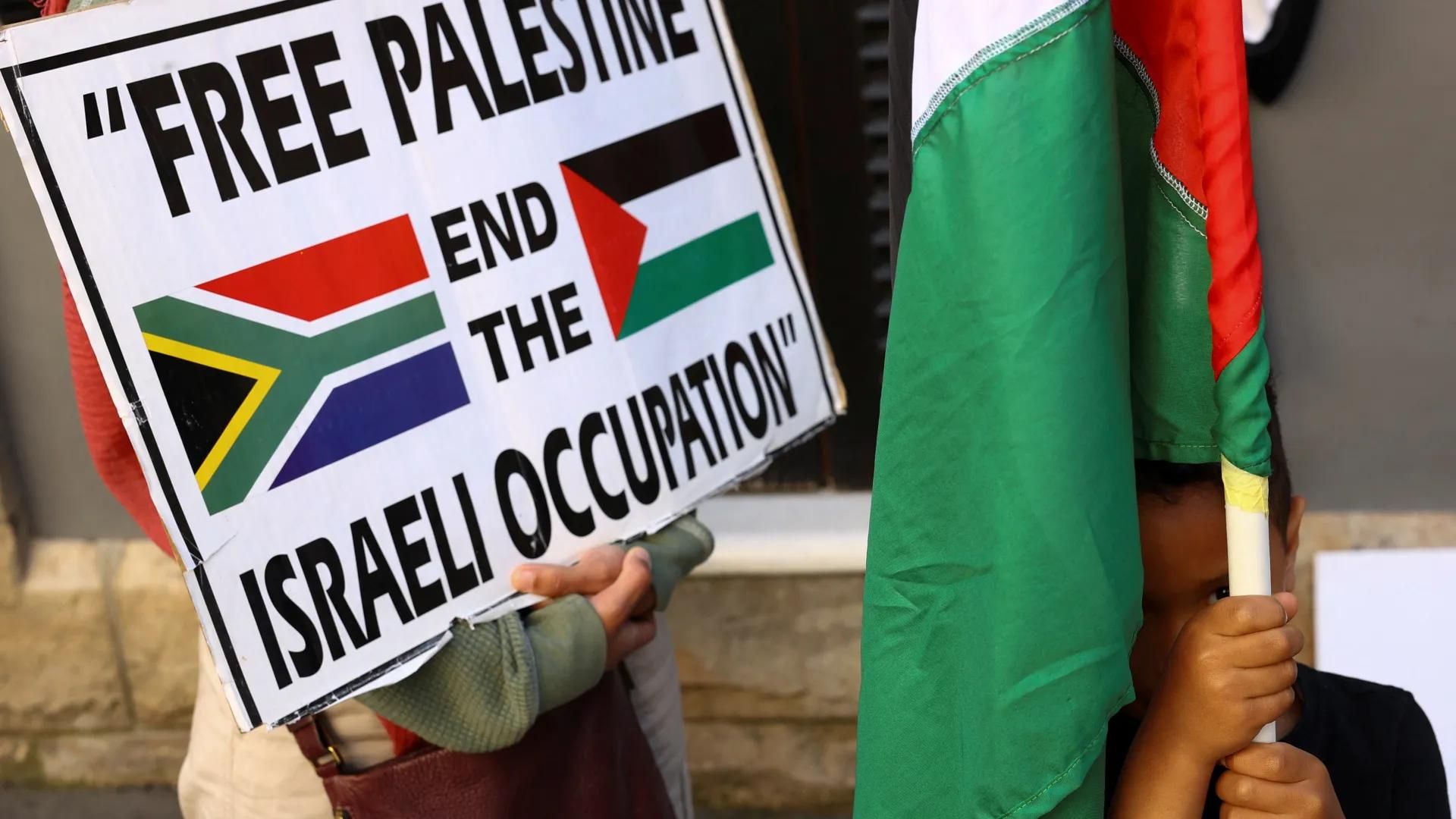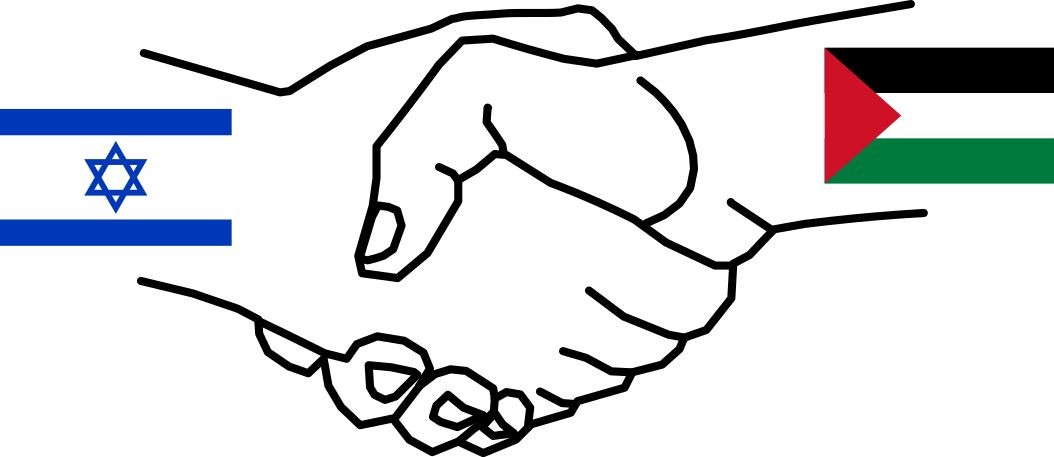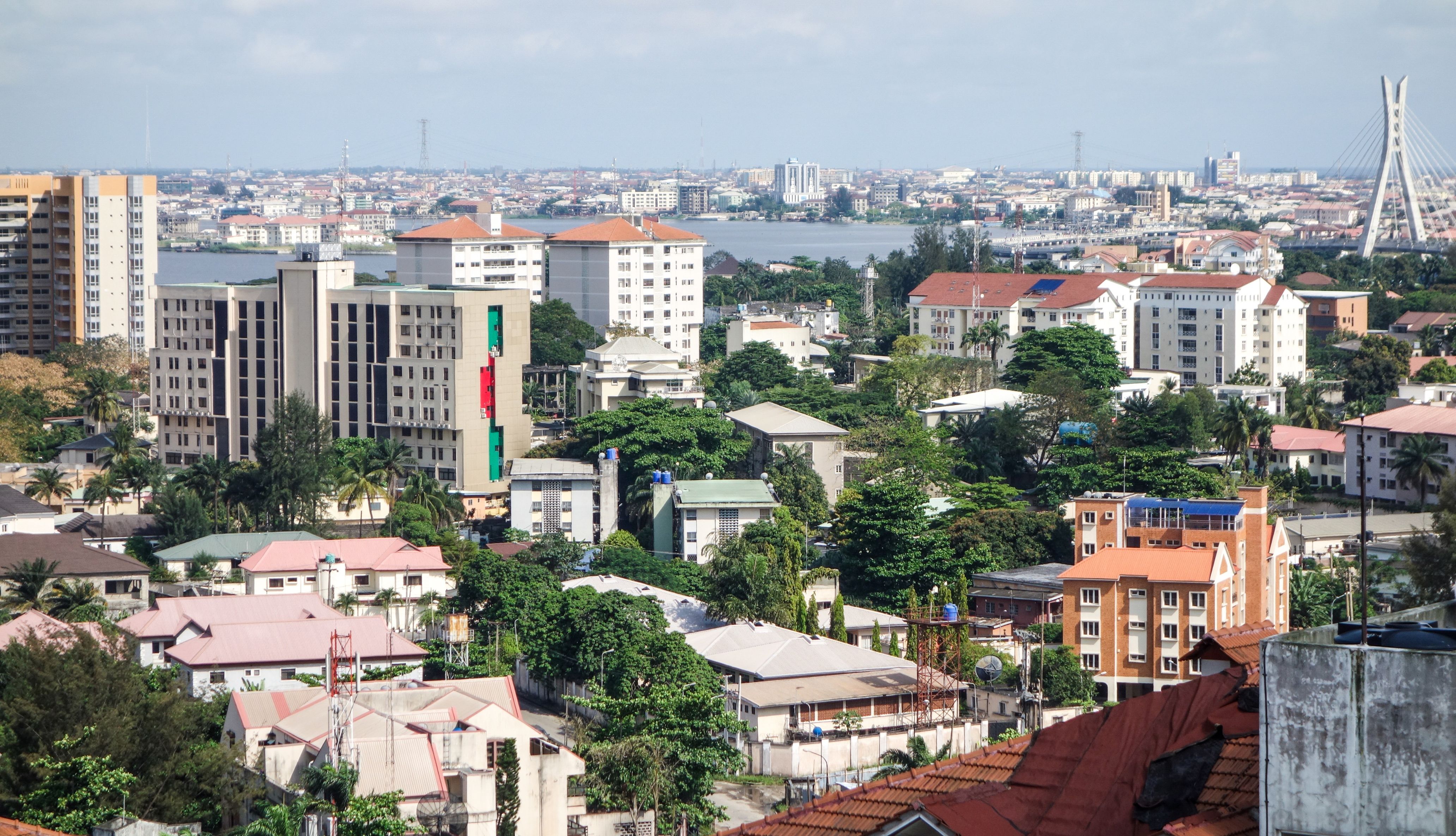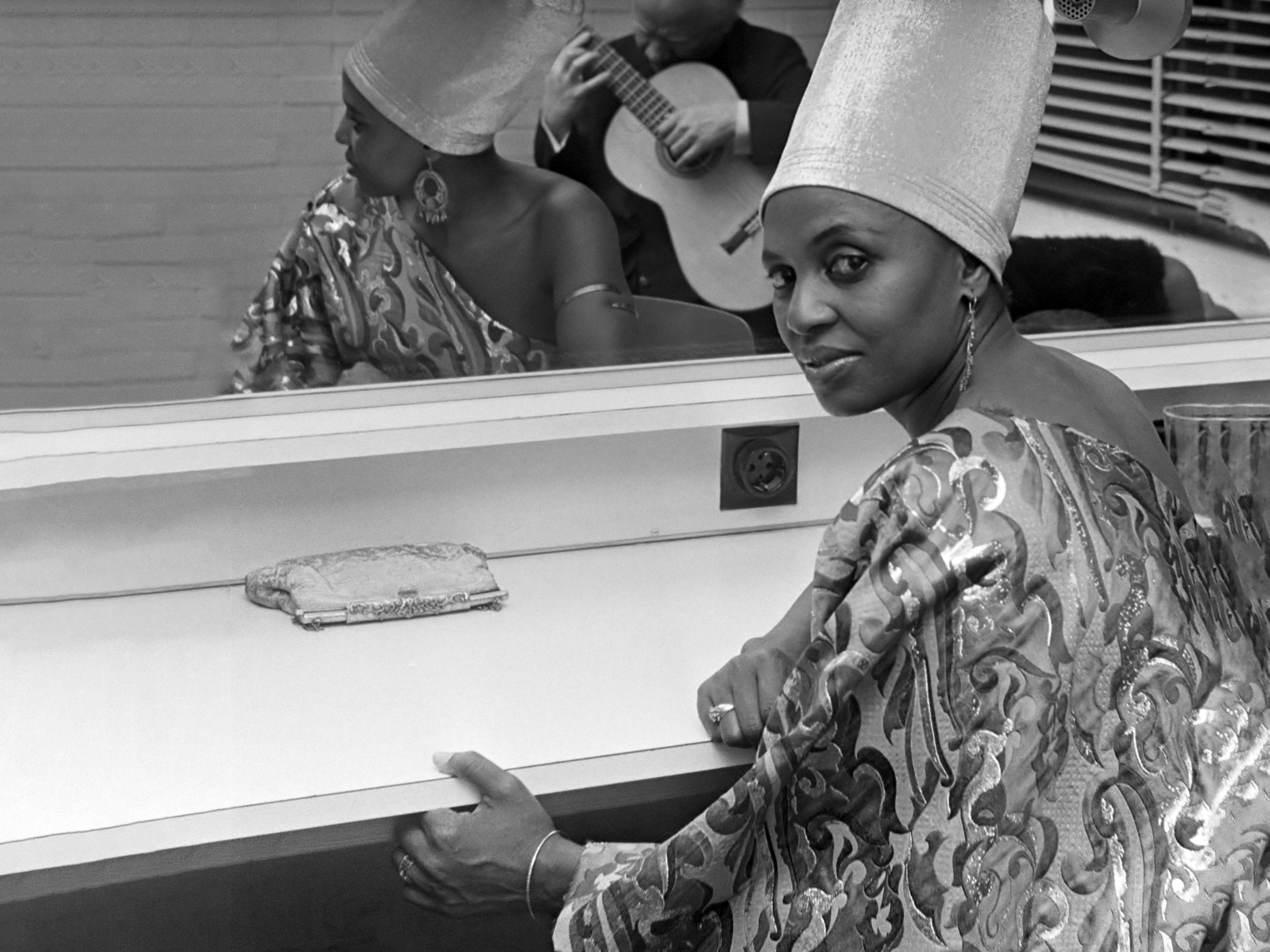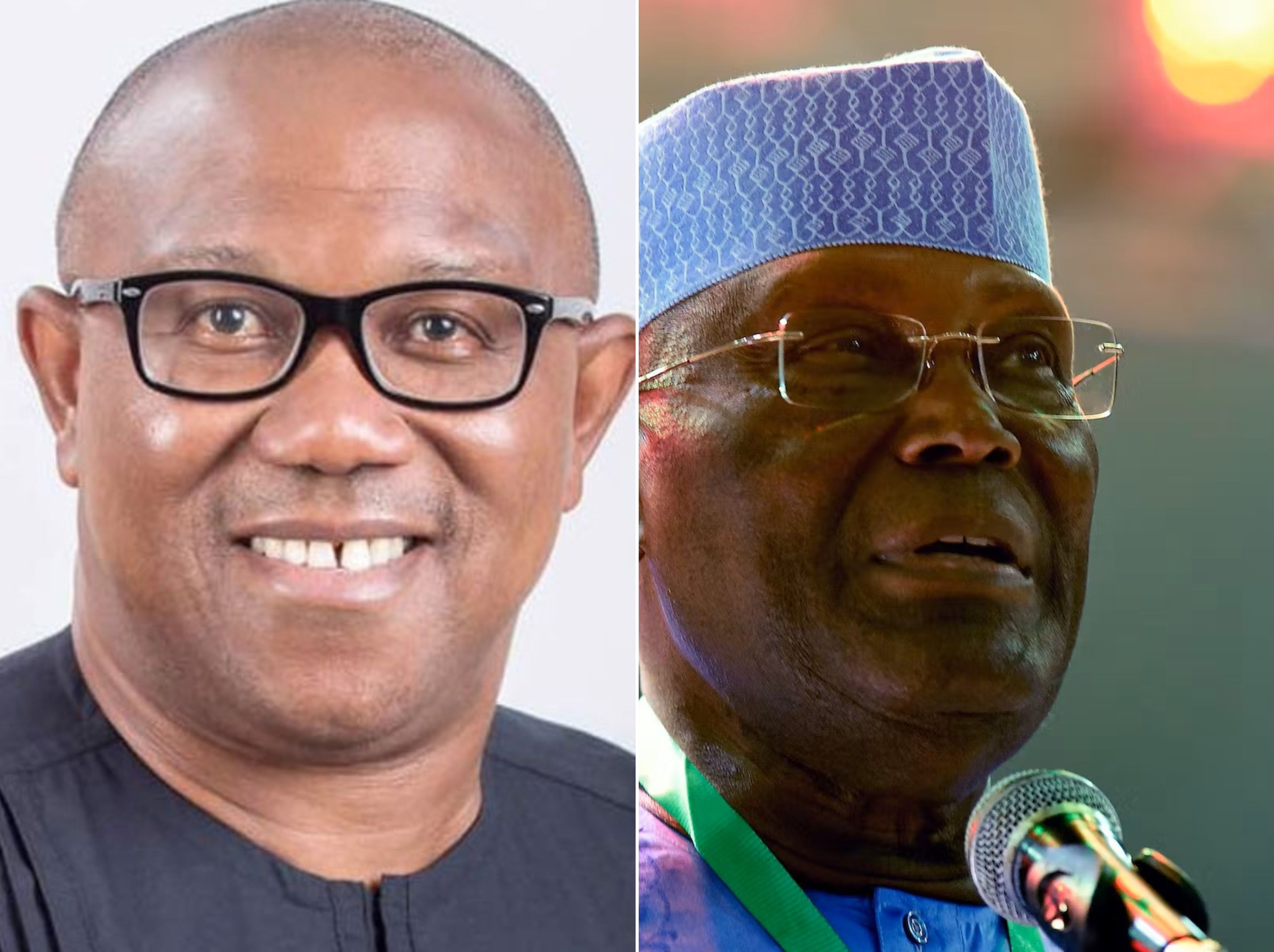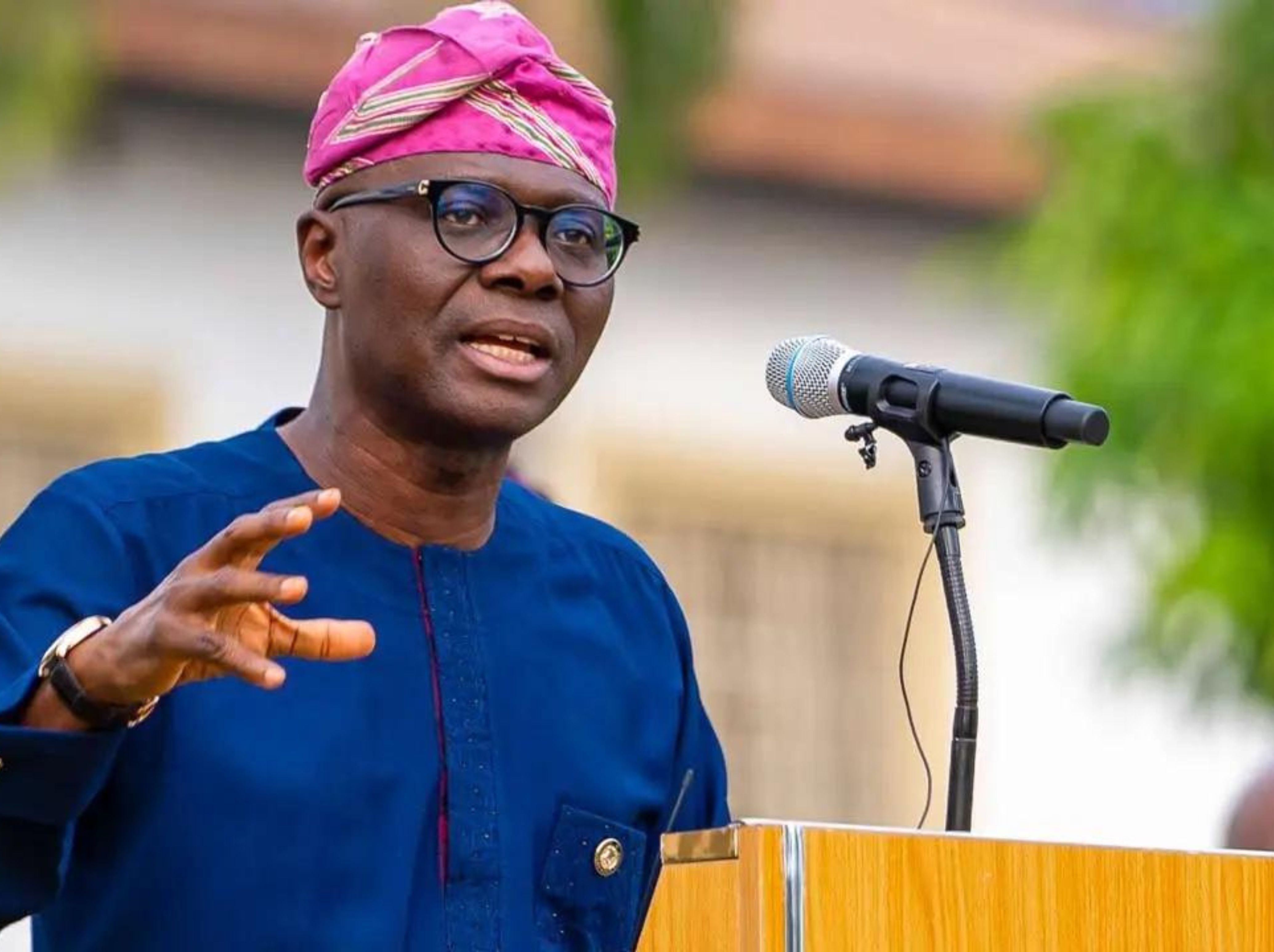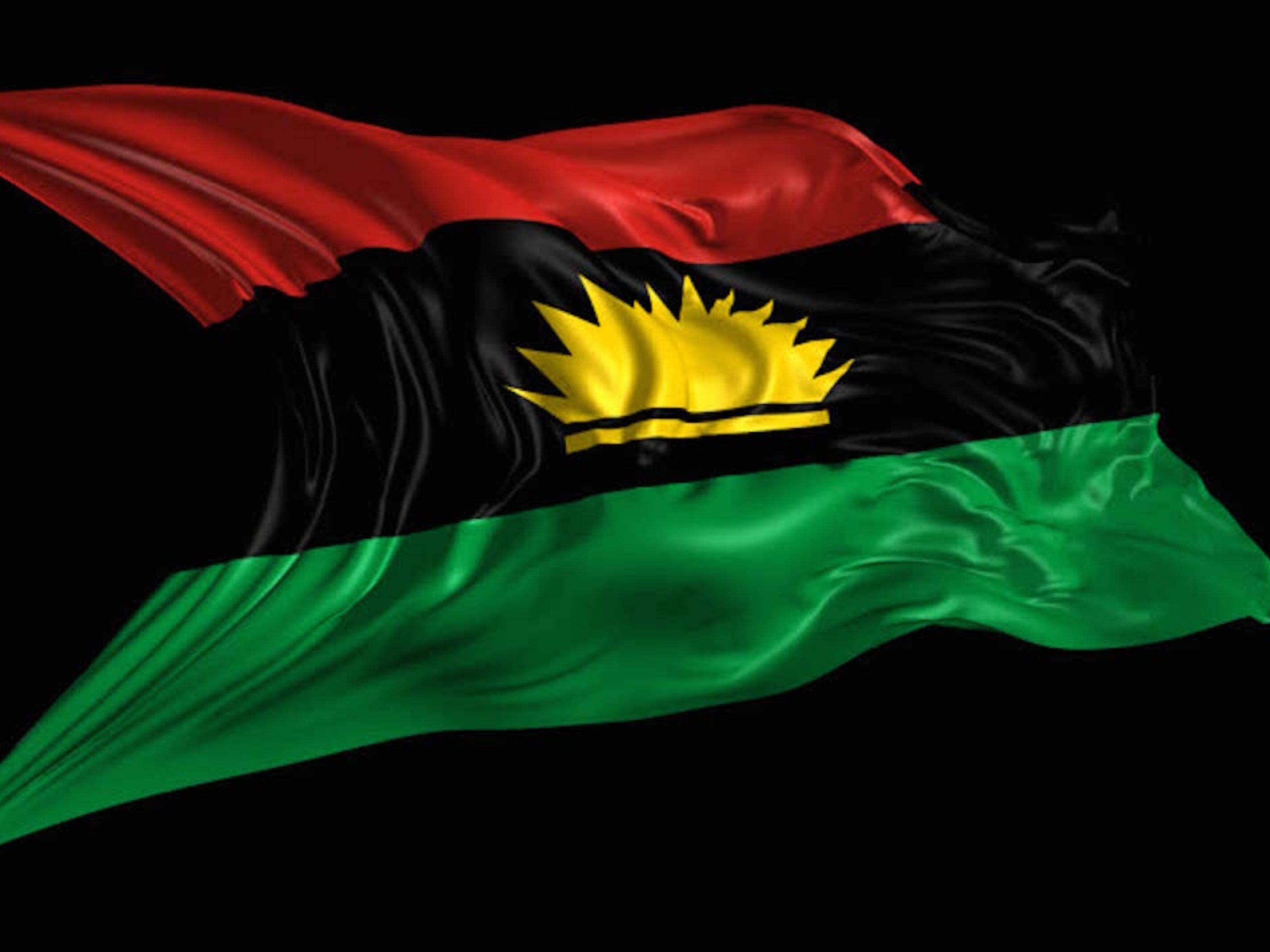With the recent Labour Party (LP) Presidential Candidate, Peter Obi’s performance in the just concluded Presidential Election in Lagos State, Gbadebo Rhodes-Vivour (GRV), the governorship candidate of the LP, is riding on that wave to drive his gubernatorial ambition across the state. Before this period, the major candidates vying for the top seat in Lagos State were Babajide Sanwo-Olu of the All Progressive Congress (APC) and Abdul-Azeez Olajide (Jandor) of the People’s Democratic Party (PDP). However, GRV has managed to get into the mix, leveraging the support base of its principal, Peter Obi.
Prelude to a Merger
Immediately after the Presidential Election, many analysts spoke of the potential outcome of the election while also exploring how opposition parties could unseat the ruling party in Lagos State. A significant factor dominant in their projections is the role a merger could play in determining the eventual outcome. As expected, Gbadebo Rhodes-Vivour announced talks of a merger with a faction of the PDP leadership in Lagos State. Please remember that Gbadebo was a member of the PDP before decamping to the Labour Party in 2022 to pursue his ambition. With the ongoing merger talks, this article explores the possible outcomes of the Lagos Gubernatorial Election 2023.
Potential Outcomes
Scenario 1 – A Successful Alliance
Many have projected Gbadebo Rhodes-Vivour as the strongest opponent for Sanwo-Olu. Jandor of the PDP is also a formidable force in Lagos Politics. An alliance of these two strong men would significantly oppose the ruling party. One would expect GRV to be supported by both parties. A significant outcome of this alliance could see GRV emerging as the Governor-elect due to their strength across party lines. It is believed that negotiations would have also been made on how key posts would be distributed between the two parties.
Scenario 2 – Insufficient Support for the Alliance
In another case, more than the alliance might be needed to unseat the ruling Governor. This is connected to the fact that many party members might not succumb to the wishes of their leaders. Moreover, it might be difficult for party faithful at the ward level to work together in harmony even if such a relationship exists at the State level. It might be challenging to convince party members (especially that of the PDP) to work for the LP. In this case, the election might be lost as party members might opt to vote for APC rather than vote for the LP.
Scenario 3 – A Fractured PDP and a Stronger APC
The candidate of the PDP in Lagos State, Jandor, had spoken of the feasibility of a merger with the LP. He mentioned that he would only succumb to a union if the best candidate were picked. However, the negotiation process led to friction within the PDP, as a faction of the PDP, led by Bode George, went ahead with the merger. With the entire PDP not in support of the union, APC might get the upper hand in the Gubernatorial contest.
Factors that Could Determine the Election Outcome
The Role of the Youth
A significant factor that might influence the election outcome is the youth who want a change in government. The youths, fondly known as the ‘Obidients’, would be eager to prove a point by voting en masse to unseat the ruling party, APC, in the State. Recall that Asiwaju Bola Tinubu lost his Presidential bid in Lagos State to Peter Obi’s Labour Party.
From another perspective, the APC, having lost the Presidential contest in Lagos State, have started regrouping ahead of the Gubernatorial competition. For instance, the Governor campaigned across strategic locations to canvass for votes. He has been seen meeting and engaging people. Please remember that he missed out on the Lagos Debate organised by Arise TV to tell Lagosians his plans if elected. But pressurised by the current wave, he was seen granting interviews and engaging people.
Voter Suppression and Apathy
Another factor that could determine the outcome of the gubernatorial contest is voter suppression. Recently, the internet has been filled with news of voters of Igbo extraction being threatened not to come out to vote if they have no intention of voting for the APC. This has raised several public concerns and might lead to voter apathy. For example, MC Oluomo, the suspended chairman of the National Union of Road Transport Workers in Lagos State, was seen warning anyone planning to vote for any other party from APC from going to the polling units. This has spread fear that violence might erupt if adequate measures are not taken. As a result, many voters might decide to stay away from the booths, giving the APC an edge in the gubernatorial run.
Engaging the Local Community
As the election approaches, grassroots mobilisation becomes increasingly essential for all candidates. Engaging the local community and addressing their concerns is crucial for building trust and securing their votes. Therefore, candidates should focus on listening to the electorate’s needs and presenting their plans to improve the lives of the people in Lagos State.
Utilising Social Media and Technology
In today’s digital age, social media and technology play a significant role in shaping public opinion and mobilising support. Therefore, candidates should leverage social media platforms and other digital tools to connect with the electorate, especially the youth. By sharing their visions, policies, and plans through these channels, candidates can build a solid online presence and reach a wider audience.
The Power of Collaborations and Endorsements
Collaborations and endorsements from influential individuals and organisations can significantly impact the election outcome. Therefore, candidates should work on building strategic alliances and securing approvals from respected figures within the community. Such endorsements can help sway undecided voters and strengthen the candidates’ positions in the race.
Post-Election Scenarios
A Peaceful Transition of Power
A peaceful transition of power is crucial for maintaining stability in Lagos State. Therefore, regardless of the election outcome, all parties must respect the people’s will and work together to ensure a smooth and peaceful transfer of power. This will not only set a positive example for other states in Nigeria but also contribute to the overall democratic process in the country.
Post-Election Reconciliation and Collaboration
After the election, it will be essential for the winning candidate to work on reconciliation and collaboration with other parties and stakeholders. This will help foster unity and ensure that the new government can effectively address Lagos State’s challenges. Furthermore, political leaders can help build a more prosperous and inclusive future for all Lagosians by working together.
Although many have expressed pessimism about the success of the negotiations on the merger, the Lagos Gubernatorial Election will be full of intrigues; it promises to be an exciting and unpredictable contest. The outcome remains uncertain with various factors, such as the potential merger, the role of the youth, grassroots mobilisation, and the possibility of voter suppression. Ultimately, it is up to the people of Lagos to decide their future and elect a leader who will work tirelessly to improve their lives and address the state’s challenges.

